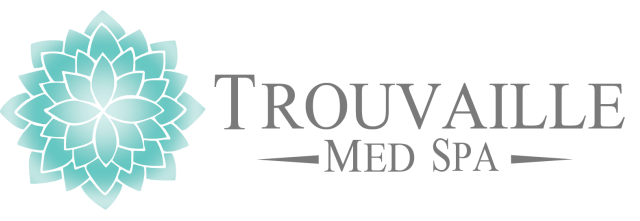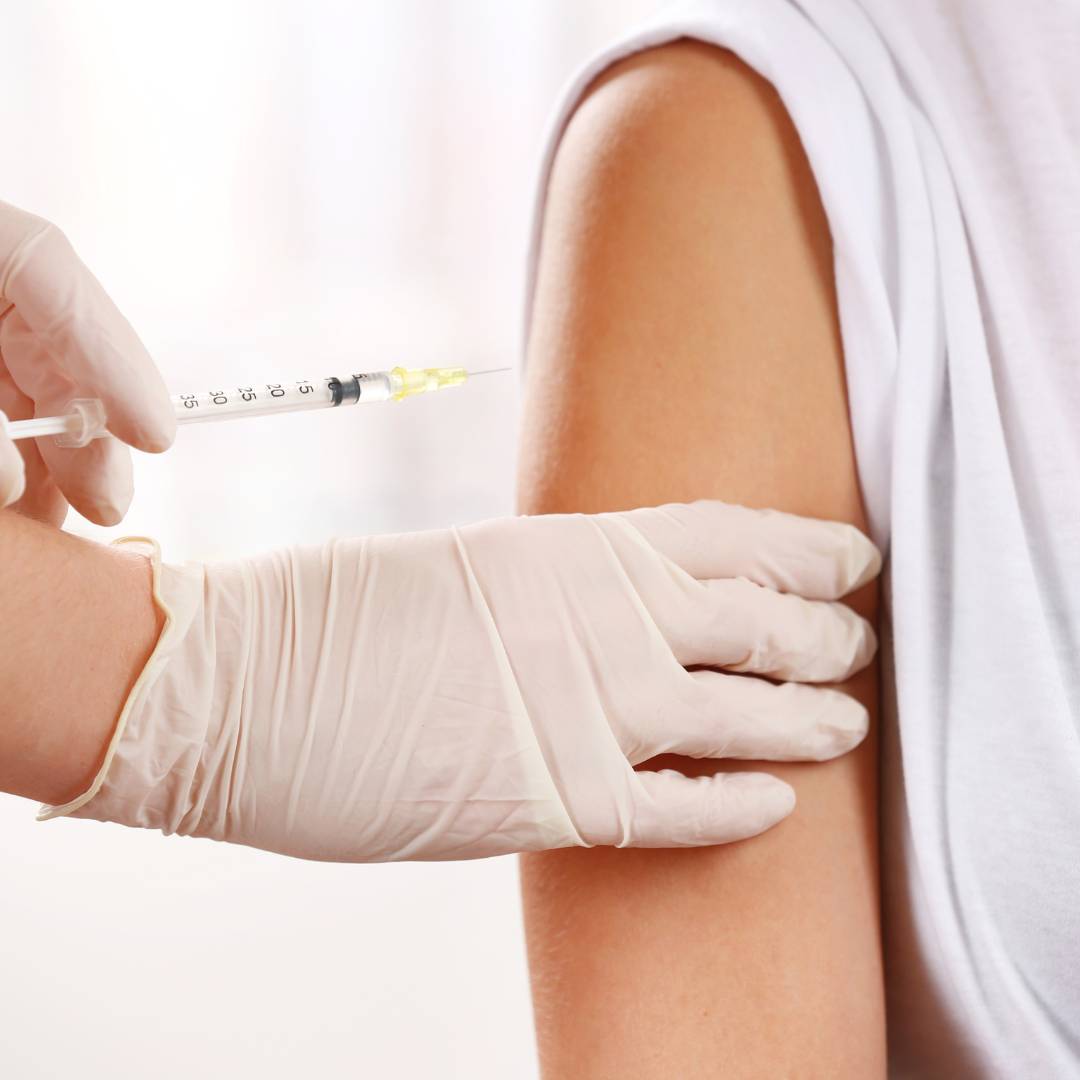Bio-identical hormone replacement is one of three components of age management medicine, often referred to as “anti-aging medicine.” The two other components are nutrition and exercise. Combining these three can lead to each individual attaining and maintaining the highest functional capacity and quality of life possible, EVERY DAY for the rest of your. life.
A main goal is to PREVENT the effects of aging which can lead to debility, disability, frailty, loss of independence, falls, bone fractures, and overall poor quality of life in our “golden years.”
‘A number of aspects of the aging process invite the development of ‘routine’ medical intervention programs offering long-term replacement therapy with one or more hormones, in order to delay the aging process and _to allow us to live for a longer period in a relatively intact, state.
– The Endocrinology of Aging
Steven W. J. lamberts, Science Vol 278, 1997
Bio-identical hormone replacement therapy is the use of hormones that are chemically identical to those our bodies make. This differs from the man-made synthetic hormones that are currently prescribed. This difference is important for two reasons: First, bio-identicals tend to be extremely well tolerated (ie. fewer side effects) because your body recognizes them and knows how to process them; Secondly, bioidenticals can be measured by blood tests, allowing precise dosing to the exact levels needed.
Commonly prescribed bio-identicals are estradiol (estrogen), progesterone, testosterone, thyroid, and growth hormone stimulators.
As we get older, our hormone levels progressively drop so that a 50-year-old’s levels are much lower than a 25-year-old’s levels, validating such statements as “this was so much easier when I was 25 years old.”
Appropriately timed initiation of bio-identical hormone therapy can ameliorate many of the changes that age brings.
Somewhere in your mind you likely recall hearing that “hormones are bad for you.” The short response to this is “wrong.” One synthetic, not bio-identical, hormone should be avoided. Beyond this, hormones are safe, especially bioidentical hormones.
In 2002, the partially reported results of a medical study made striking headlines with far-reaching effects in the medical world. The take-home message was “hormones are bad for you.” When ALL of the information from this study was analyzed, a MUCH different result became clear. Hormones are NOT bad.for you; it is quite the opposite. Unfortunately, the complete results have not been widely publicized so many doctors (maybe most doctors) and the general public still have the mindset that hormones should not be used.
- Brain Function
- Lean body mass Cardiovascular health
- Hot flashes
- Energy
- Strength
- Breast health
- Hair loss
- Libido
- Endurance
- Bone Health
- Body inflammation
- Mood
- Healthy irritability
- Joint paint
- Sleep
- Skin tone
- Anxiety
- Skin appearance
- Bloating
If you see things on this list that strike a chord or you’re experiencing symptoms that have been hard to diagnose and treat, consider an evaluation for bio-identical hormone therapy.




